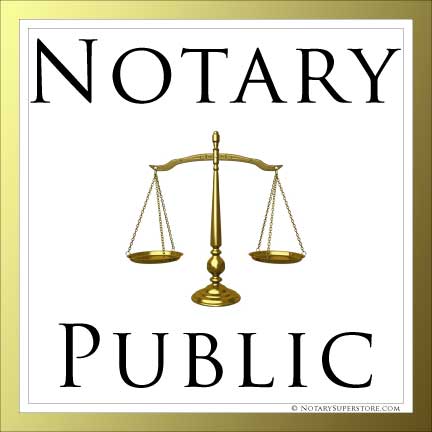DIRCO Rules Demystified: A Overview to Diplomatic Method
DIRCO Rules Demystified: A Overview to Diplomatic Method
Blog Article
Debunking Notarial Work: Streamlining the Role and Value of Notaries
In the intricate web of legal paperwork and confirmation, notaries stand as columns of guarantee and credibility. Their role, typically shrouded in secret for numerous, carries significant weight in making sure the legitimacy and honesty of crucial files. As guardians of legitimacy and reality, notaries play a pivotal part in our society, yet their work is not always fully understood. By deciphering the complexities shedding and surrounding notarial practices light on the importance of their acts, a more clear understanding arises of the essential duty notaries play in maintaining the material of lawful and contractual arrangements.
The Background of Notarial Work
Exactly how did notarial work develop over time to come to be an integral component of lawful and business purchases? The history of notarial job dates back to old worlds, where scribes played a crucial duty in videotaping essential information and confirming files. As cultures progressed, the demand for a more formalized system to make sure the validity of arrangements occurred. This led to the advancement of notaries, people designated by the state to work as unbiased witnesses in lawful issues.
During the Middle Ages, notaries got prestige in Europe, with their features expanding to include preparing legal papers, licensing signatures, and preserving records. The rise of international profession even more highlighted the value of notarial work in verifying agreements and contracts across borders.
In the modern-day era, notaries remain to play an important function in legal and service purchases by validating identifications, validating the credibility of records, and protecting against fraudulence. Their duty in licensing the legitimacy of arrangements includes a layer of protection and trust to the ever-evolving landscape of business and regulation.

Responsibilities and Obligations of Notaries
The historical advancement of notarial job from ancient civilizations to the modern-day period has actually shaped the distinctive tasks and obligations that notaries support in lawful and service transactions today. Notaries play a vital duty in validating the credibility of papers and the identification of notaries. One of their main responsibilities is to witness the signing of important papers, such as contracts, wills, and actions, to guarantee that all celebrations are becoming part of agreements intentionally and voluntarily. Notaries likewise validate that signatories are of audio mind and not under pressure or threat.
In addition, notaries are charged with providing affirmations and vows, which are essential in lawful process and the implementation of affidavits. They accredit duplicates of initial files, offering guarantee to establishments that the duplicates hold true replicas of the originals. Notaries need to preserve precise documents of all purchases they oversee to guarantee transparency and responsibility. resource Generally, the obligations and responsibilities of notaries are important in securing the stability and legitimacy of different papers and deals.
Notarial Certificates and Signatures
Exemplifying meticulous attention to information, notarial certifications and trademarks function as crucial parts in verifying the authenticity of lawful papers. Notarial certifications usually have essential information such as the day of notarization, the names of the signatories, a summary of the record, and the notary's official seal. These certificates supply a clear record of the notarial act, guaranteeing that the record can be quickly identified and mapped back to the notary who looked after the process.
Trademarks play an essential role in notarial job, as they symbolize the agreement and authorization of the celebrations involved. Notaries very carefully witness the signing of records to verify the identification of the notaries and validate that they are signing of their very own free choice. By fastening their official seal and trademark to the document, notaries license that the necessary treatments have been complied with which the file is legitimate and enforceable.
Basically, notarial certifications and signatures are the characteristic of authenticity in legal purchases, providing assurance to all events involved that the papers are genuine and binding.
Importance of Notarial Acts
Notarization Process Described
The notarization process generally begins with the individual presenting the record to a notary public. When the identity is validated, the notary makes certain that the private signing the record does so voluntarily and without any threat.

Final Thought

Notarial certifications generally have essential info such as the day of registration, the names of the signatures, a description of the file, and the notary's official seal. These certificates supply a clear document of the notarial act, making certain that the document can be easily identified and traced back to the notary that looked after the process.
By affixing their main seal and signature to the file, notaries license that the essential treatments have actually been adhered to and that the document is description valid and enforceable.
By verifying the identity of the signatories, confirming their willingness to enter right into the arrangement, and licensing the day and area of the finalizing, notaries play a critical duty in promoting the legitimacy of lawful papers.After the paper is authorized, the notary will certainly attach their official seal or stamp onto the document.
Report this page